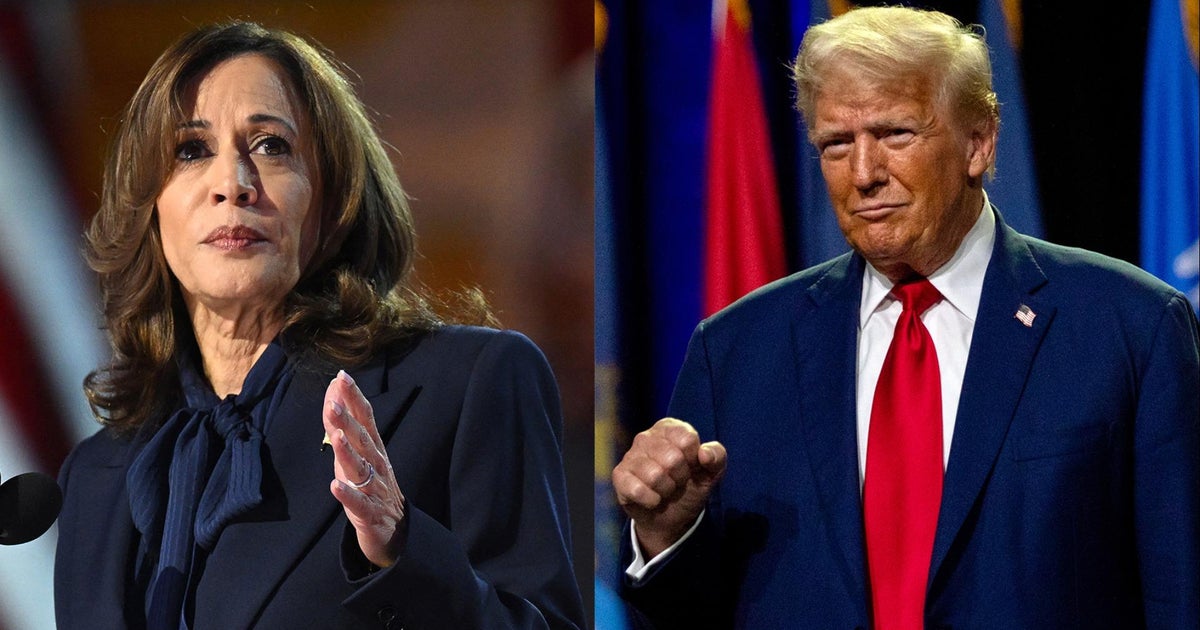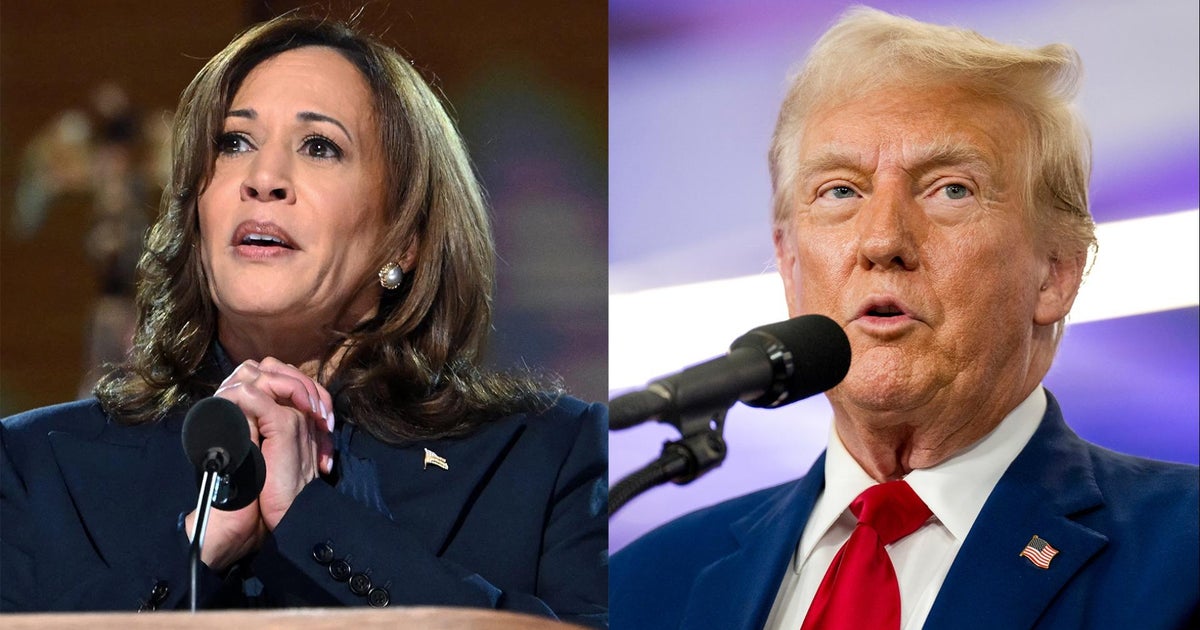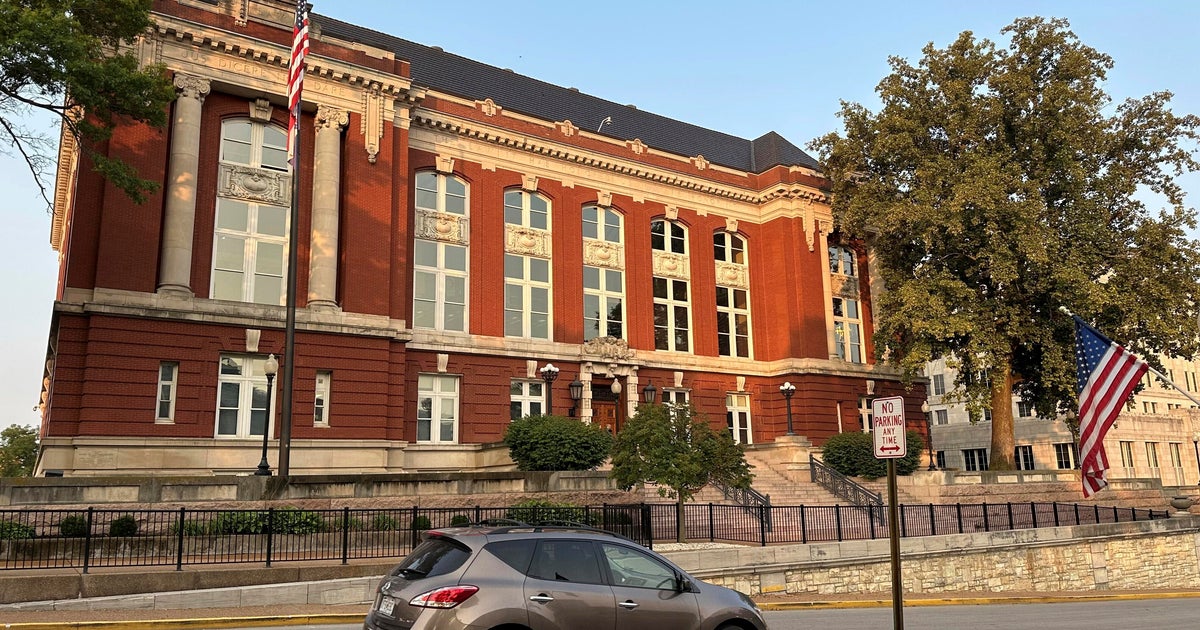Hamas said it approved of a cease-fire proposal presented by Egypt and Qatar, but Israel’s response was that what Hamas agreed to is “far from meeting Israel’s core demands.”
Hamas leader Ismail Haniyeh informed Egyptian and Qatari leaders of Hamas’ “approval of their proposal regarding a cease-fire agreement” during a phone call on Monday, the group said in a statement published on the Palestinian site Shehab News Monday.
But Hamas’ statement initially appeared to cause some confusion, since it wasn’t immediately clear which proposal Hamas was referencing. By Monday evening, though, Israeli Prime Minister Benjamin Netanyahu’s office said in a statement that the war cabinet had met and determined that the Hamas proposal “is far from meeting Israel’s core demands.”
Israel war cabinet member Benny Gantz indicated in an earlier statement that the proposal put forward by Hamas differed from what had been discussed. The plan, he said, “does not correspond with the dialogue that has taken place so far with the mediators and has significant gaps.”
However, Israel will still be sending a delegation to Egypt “to maximize the possibility of reaching an agreement on terms acceptable to Israel,” Netanyahu’s office said.
The war cabinet also “unanimously decided Israel will continue its operation in Rafah, in order to apply military pressure on Hamas so as to advance the release of our hostages and achieve the other objectives of the war,” the statement said.
The spokesperson for the Qatari foreign ministry, Dr. Majed bin Mohammed Al-Ansari, described the Hamas response to the cease-fire proposals as “positive,” and he said in a statement that a delegation would be going to Cairo Tuesday to resume negotiations. He said that Qatar hopes “that the talks will culminate in reaching an agreement for an immediate and permanent ceasefire in the Gaza Strip and the exchange of prisoners and detainees, and the sustainable flow of humanitarian aid into all areas of the Strip.”
In the U.S., asked which proposal Hamas had accepted, National Security Council spokesman John Kirby told reporters at the White House, “I’m not going to get into that.”
The details of Hamas’ response have not been made public.
State Department spokesperson Matthew Miller told reporters Monday that the U.S. was reviewing the Hamas response and discussing it with partners in the region.
CIA Director William Burns traveled to Cairo to join the talks late last week and is now in Doha, Qatar, as negotiations continue.
An official briefed on the talks told CBS News Monday that Burns and the Israeli negotiating team had received Hamas’ response to the proposal from Qatar’s prime minister an hour before Hamas announced its backing of the deal.
Mr. Biden spoke with Israeli Prime Minister Benjamin Netanyahu on Monday for about 30 minutes and “updated the prime minister on efforts to secure a hostage deal,” the White House said. But Kirby said that call ended before reports of Hamas’ response emerged.
Hamas was labeled a terrorist group by the U.S. and Israel long before Hamas launched a surprise attack on Oct. 7, killing more than 1,100 and taking more than 250 hostages.
Israel’s military warned about 100,000 Palestinians in the eastern part of the Gaza city of Rafah to evacuate Monday ahead of a ground offensive long threatened by Israeli leaders. The message was delivered with fliers, phone calls, messages and media broadcasts in Arabic after a weekend that saw hope for a new cease-fire in the seven-month Israel-Hamas war dashed yet again.
Tucker Reals, Michal Ben-Gal and Camilla Schick contributed to this report.



